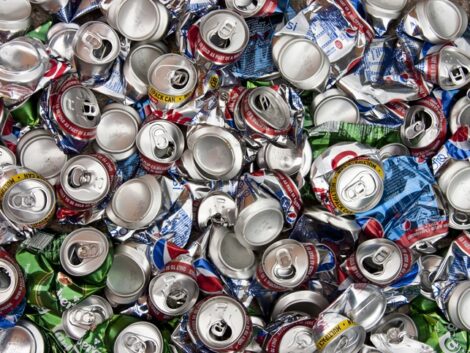Near 100% can recycling target set at COP 28
A near 100% recycling target by 2050 for the world’s aluminium drinks cans has been set by industry leaders at COP 28.
Aluminium producers, recyclers, rolling mills, can makers and industry associations have set the target having stressed the need for enhanced recycling to support the IEAs Net Zero 2050 goal.
Currently more than 70% of aluminium beverage cans are recycled into new products but this figure falls short of making the complete contribution necessary for achieving the 1.5-degree target. Urgent actions for full circularity of aluminium beverage containers are needed to support decarbonisation of the aluminium sector. A little step for a large outcome as aluminium beverage containers recycle without change of quality not once but over and over again.
The number of beverage cans is set to increase from 420 billion in 2020 to 630 billion by 2030 and data has revealed that recycling all cans globally in 2030 would save 60 million tonnes of greenhouse gas emissions per year.
“Together we are calling for greater commitment from national governments and the aluminium beverage can value chain industry to accelerate beverage can recycling rates, with at least 80 per cent target by 2030 and near 100 per cent by 2050. Reaching these targets is a must for the aluminium sector to decarbonise in line with a 1.5-degree slope” said Marlen Bertram, International Aluminum Institution’s Director of Scenarios and Forecast.
Industry leases are calling for the following actions to be adopted by policy makers:
- Establish national and/or state-level recycling targets for aluminium beverage cans.
- Formulate policies to help achieve these targets and enhance the quality of collected used beverage cans.
- Collect and publish data on aluminium beverage can recovery rates to monitor progress.
In addition, there are four actions for the aluminium industry to increase recycling rates towards the goal of 100 per cent.
- Scale up existing recycling capacity to recycle all cans put on the market.
- Track the global recycling rate.
- Support smart policies to improve aluminium beverage can collection and recycling.
- Prioritise can-to-can recycling and maximising the recycling content through optimised alloy design and scrap purification.








